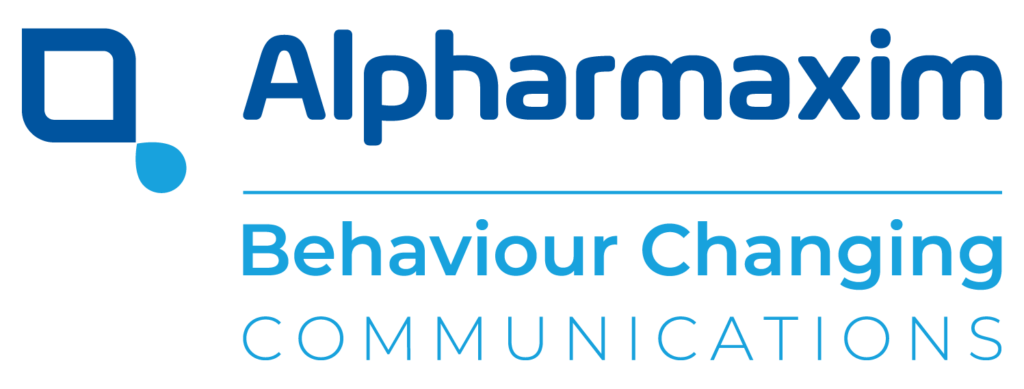Maintaining the voice of rare diseases in a new, virtual world: Insights from the European Conference on Rare Diseases (ECRD) 2020
Genome sequencing is the future for rare diseases
Public engagement and education are key to the successful implementation and uptake of genome sequencing. Alpharmaxim develop scientific materials and activities that are built upon compelling stories, to support engaging educational programmes.
- In the future, whole-genome sequencing that can test for over 800 disorders may be used. There is currently research ongoing in this area
- Clinics, however, are unable to access genomic data
- It is estimated that only 30% of rare disease patients could be potentially diagnosed with AI tools, and only then, if they have a genetic background
- Unfortunately, 60% of people remain undiagnosed because there are multiple genes involved
- We need to improve clinical management, treatment options and quality of life for children and families
- While technical analysis is no longer the rate-limiting step, we should be looking at genome sequencing and analysis to help with the surveillance and long-term follow-up of patients with rare diseases
Be prepared to truly demonstrate your commitment to the rare disease field, particularly in these uncertain times.


